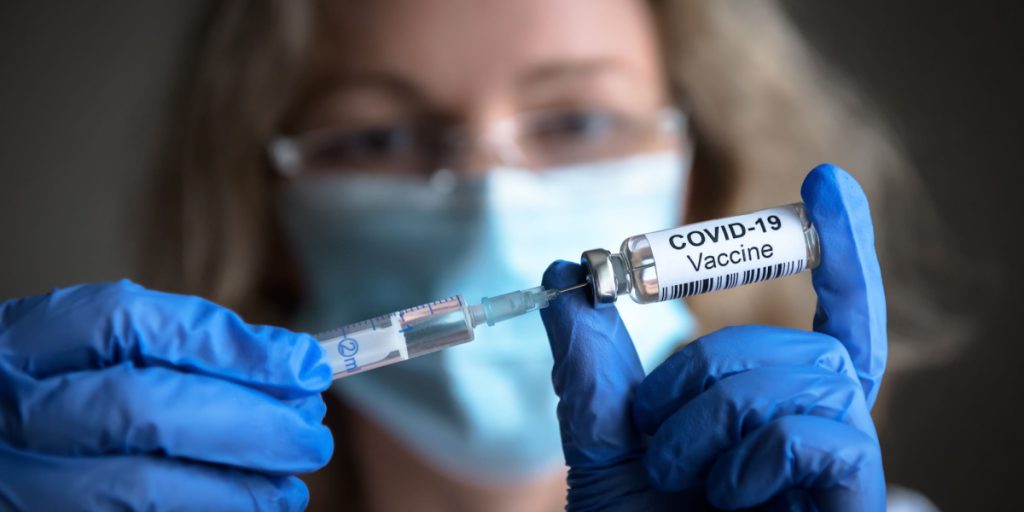Even mild Covid-19 infections can cause long-lasting changes in the immune system.
Others are reading now
A study by MedUni Vienna shows that even mild Covid-19 infections can cause long-term changes to the immune system, possibly explaining Long Covid.
Study Findings
The study found that SARS-CoV-2 infections lead to long-lasting changes in the body.
“Even after mild cases, we saw a big drop in immune cells in the blood,” said study leader Winfried Pickl in a press release.
This means that people who have recovered might not have an immune system that works as well as before. This could help explain Long Covid. The study was published in the journal Allergy.
Also read
Researchers looked at the immune systems of 133 people who had recovered from Covid-19 and 98 people who had not been infected. They studied the number and types of immune cells and growth factors in the blood, both ten weeks and ten months after the illness.
Since no Covid-19 vaccines were available when the research started in 2020, all participants were unvaccinated. This let researchers study the long-term effects of the virus without the influence of vaccines.
Immune Activation and Changes
“Ten weeks after the infection, we saw clear signs of immune activation in both T and B cells in recovered people, compared to healthy people,” said Pickl.
The growth factors in the blood showed patterns typical of an acute inflammatory process.
However, ten months after the illness, researchers found an unexpected reduction in immune cells, a drop in SARS-CoV-2-specific antibodies, and big changes in growth factor patterns in the blood.
Long-Term Impact on Immune System
The study suggests that the long-term effects of Covid-19 may be due to the virus damaging the bone marrow, where immune cells are made.
“Our results suggest that some long-term effects of Covid-19 could be due to damage to the immune system by SARS-CoV-2, affecting the production and movement of immune cells from the bone marrow,” said Pickl and co-study leader Rudolf Valenta.
This idea is the basis for more research to better understand Long Covid.








